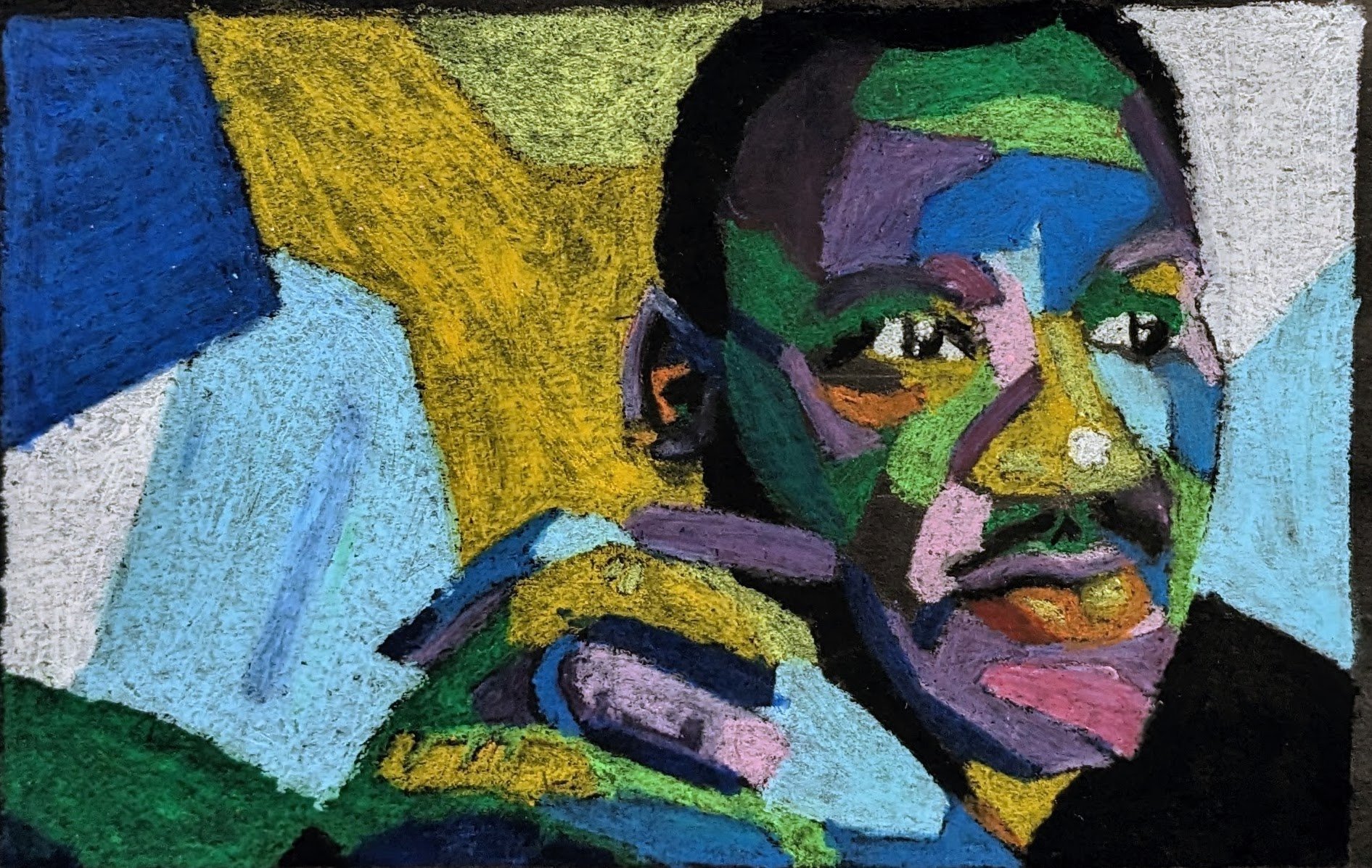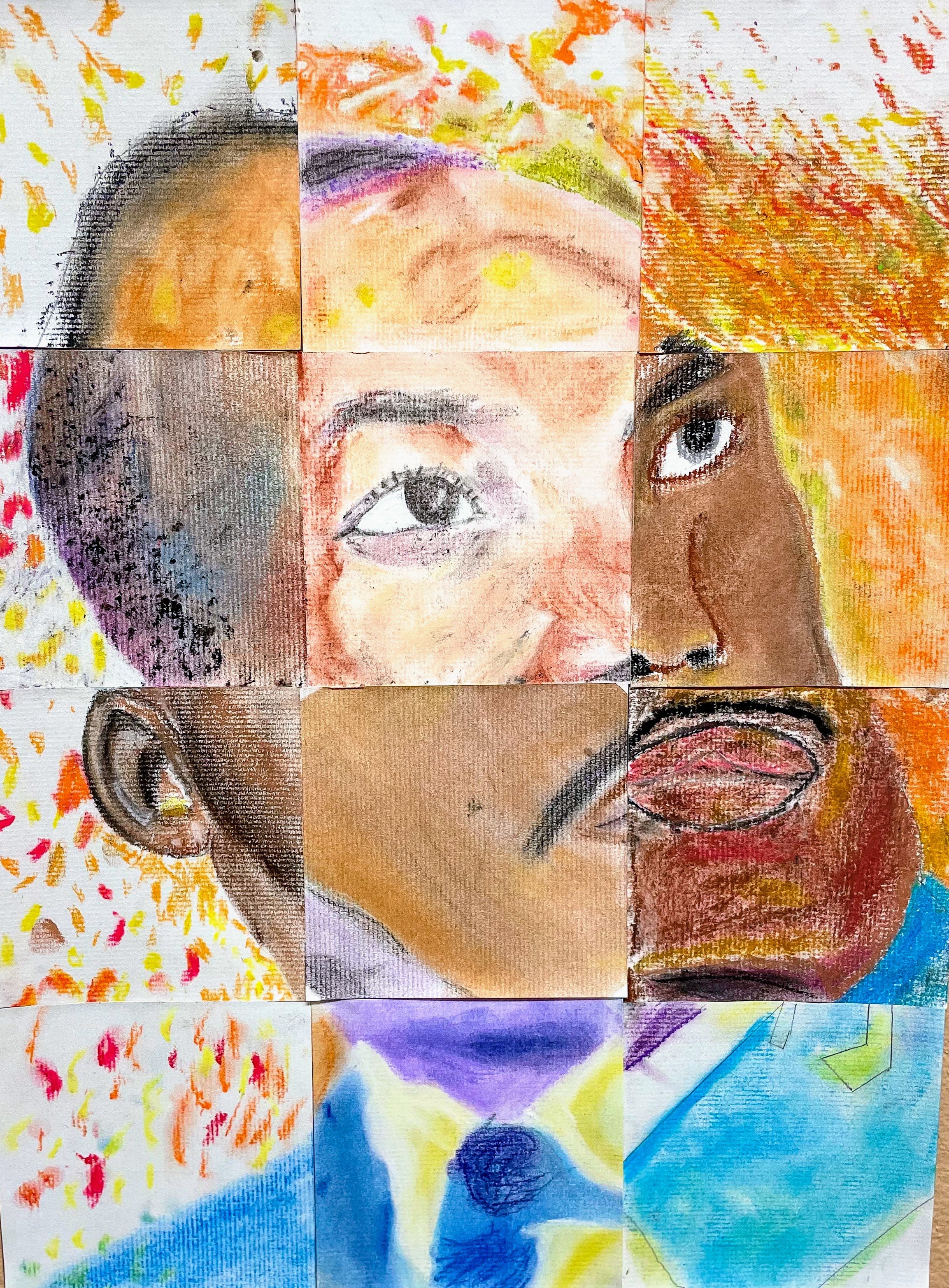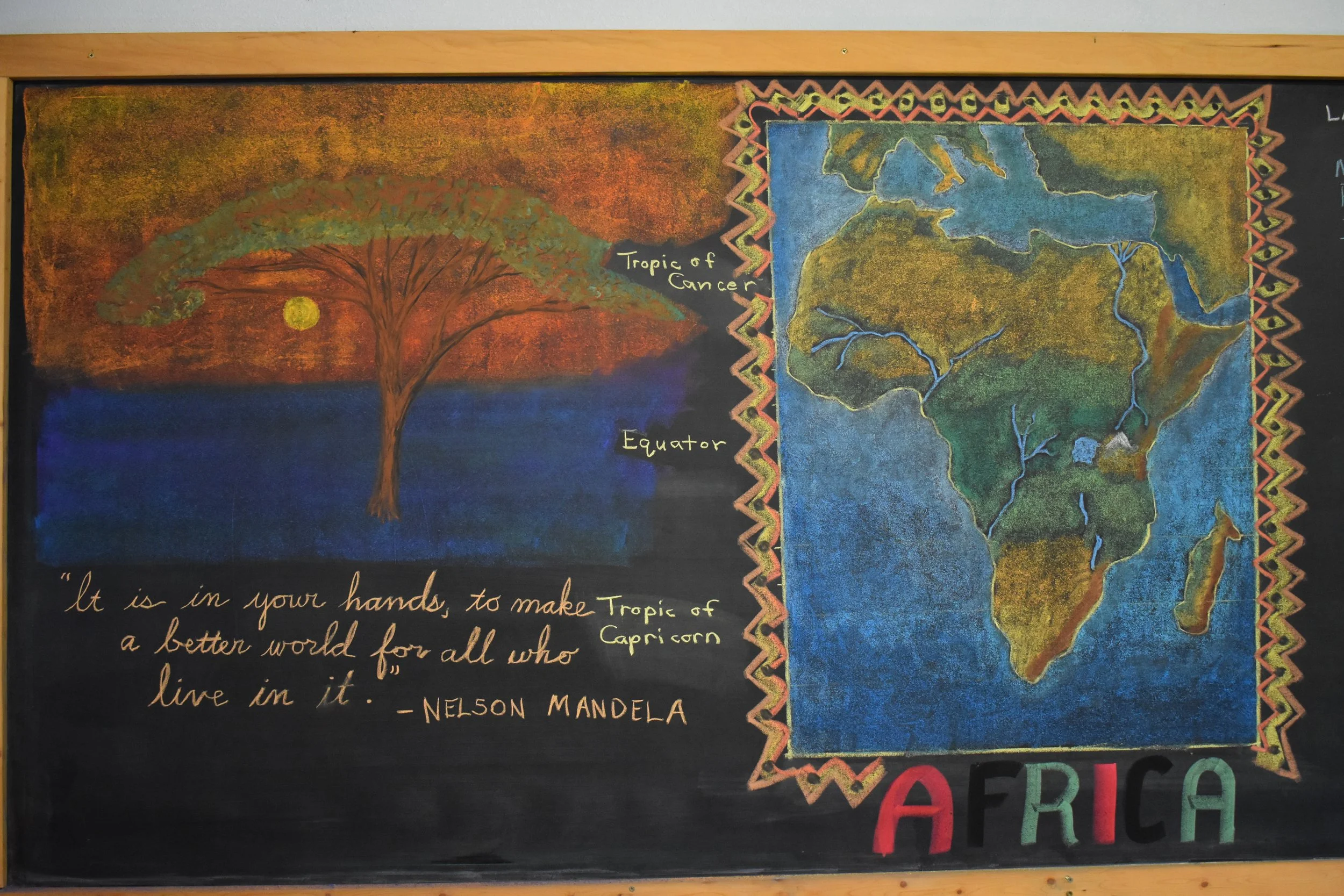
Guiding Vision: To create a school environment that reflects the diversity of our local community, where each person feels fully seen and valued, and there is a strong connection to each other and to our wider world.
Swallowtail School Equity Statement
Our Swallowtail community is made up of a wide array of ethnicities, nationalities, religions, socioeconomic backgrounds, gender identities, sexual orientations, learning differences, body types, abilities, and life experiences that together create the fabric of our school. We expect that all people will be treated with kindness, empathy, and respect. Every member is welcome to express their opinion respectfully; however, a child/person’s right to be safe and to be fully themselves are our highest priorities.
As we strive towards goodness, beauty, and truth of individual human expression, we invite our current and future community to join us on this journey. We seek to establish an inclusive learning environment, rooted in love and curiosity where each story is celebrated and each truth is respected, in which there is always room for questions, but there is never room for hate or discrimination. We offer our sincere commitment to deepening this work together, to answering the call for action in support of justice and healing, to continuing on the path of self-education, and to becoming more courageous in confronting injustice in the classroom, curriculum, and community.
-
We at Swallowtail Waldorf School and Farm support the following Statement of Equity and Racial Justice put forth by the Associated Waldorf Schools of North America (AWSNA):
The Association of Waldorf Schools of North America (AWSNA) recognizes the historic and ongoing impact of racism on our continent and the injustice and discrimination faced by Black, Brown, Indigenous and People of Color. We understand that racial justice in education is a journey of both moral and educational imperative. As such, we take seriously our responsibility to bear witness to what is happening in the world, to center the voices of color in justice work, and to change the course of inequities by identifying and breaking down structural racism in all forms within Waldorf education.
We acknowledge that Rudolf Steiner, founder of Waldorf education (1919), offered many profound insights that support the value and dignity of each human being and form the foundation of our organization’s histories and worldview. Yet, he also made statements that reflect harmful assertions regarding race and ethnicity. Racism, explicit or implicit, stands in direct conflict to the fundamental principles of Waldorf education. We commit to working to address any dehumanizing or disparaging aspects of our history and practices.
Meet the IDEA Committee
-

Katie Clark-Alsadder
Committee Chair
Board of Trustees Secretary
& School Parent -

Kristin Freund
Agricultural Arts/Middle School Movement Teacher
& School Parent -

Adesina Cameron
Office Manager & School Parent
-

Emma Graves
Interim Director & School Parent
Recent work of the IDEA Committee
-
Swallowtail was proud to become the first Waldorf school in Oregon to answer a call from the Lakota Waldorf School on the Pine Ridge Reservation, supported by AWSNA, to offer tuition-free Waldorf education to Native American students as an act of reconciliation. The Lakota school believes that Waldorf pedagogy is uniquely suited to both provide the healing education needed for these learners and to restore right relationship with our Indigenous community.
-
In 2024, Swallowtail School began working with Dr. James Knight, an educator, coach/mentor, consultant, author, itinerant speaker/teacher, and equity and inclusion strategist. Dr. Knight shared his framework of cultural humility with our board members, faculty and staff, and full school community through a series of virtual meetings.
In the spring of 2025, Dr. Knight joined us in-person for a series of events with our faculty, students, and broader community,focused on fostering belonging, cultural humility, and community care.
-
In June of 2023 our committee asked for student and faculty submissions of artwork or poetry to create a bulletin board in our lobby in celebration of our LGBTQIA+ community.
-
Traditionally the Lantern Walk focuses on the story of St. Martin, the patron saint of beggars and outcasts, who was known for his unassuming nature and ability to bring light and warmth to the impoverished. At Swallowtail, we have been looking for stories of other people who also lived as examples of compassion. In 2022, the whole school told the story of Harriet Tubman, who used her lantern to lead enslaved people to freedom. In 2023, our classes told different stories, with the hope that our students have the chance to hear many stories of compassionate people by the time they graduate.
Regardless of the stories we tell, the Lantern Walk carries the same meaning: bringing our own light into times of darkness. The darker the situation, the brighter shines even the smallest light.
-
In the fall of 2022, the IDEA Committee set the theme of outdoor school as the Life Cycle of the Salmon. We chose to focus on the salmon to pay our respect to the significance of the salmon to the people who are indigenous to the land where our farm is located. The students heard local native stories about salmon and the Grades classes created a piece of art together depicting the life cycle of the salmon. The classes were also led in restoration work of salmon habitat at our Farm Property and they learned about how our work supports salmon in the watershed.
The capstone to our work on salmon was a visit by Ed Edmo, a Shoshone-Bannock poet, playwright, performer, traditional storyteller, tour guide, and lecturer on Northwest tribal culture. Ed is a published short story writer, poet and playwright, and he serves as a consultant to the Smithsonian Museum of the American Indian. He was present for the last supper before Celilo Falls was flooded and shared stories in an assembly with all of the students about the days when his tribe fished for salmon from the falls. He also visited with the 3rd and 4th graders for a question and answer time in a smaller group. His visit on October 7th, gave new context to the students as we spent that weekend celebrating our Harvest Faire and observing Indigenous People’s Day.











